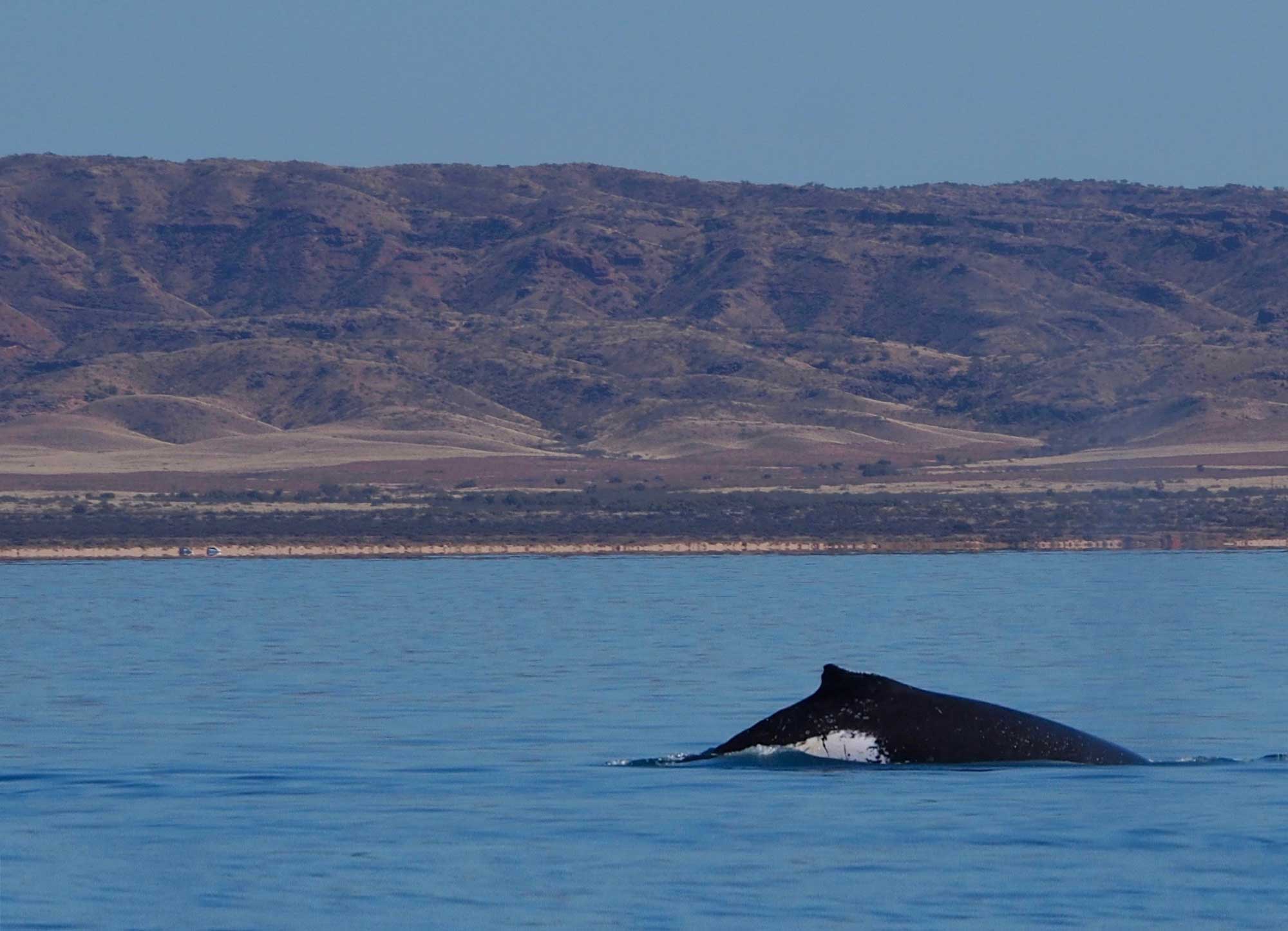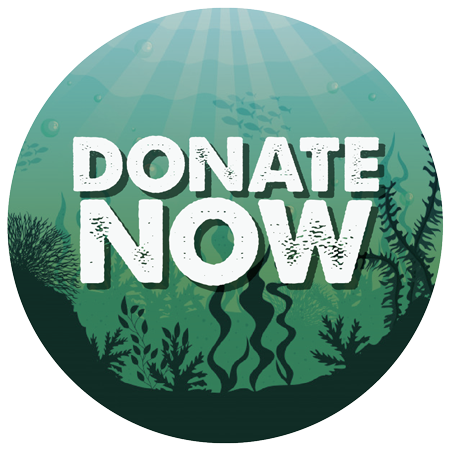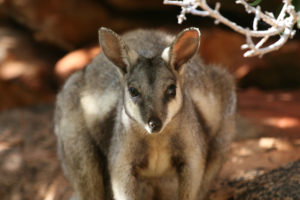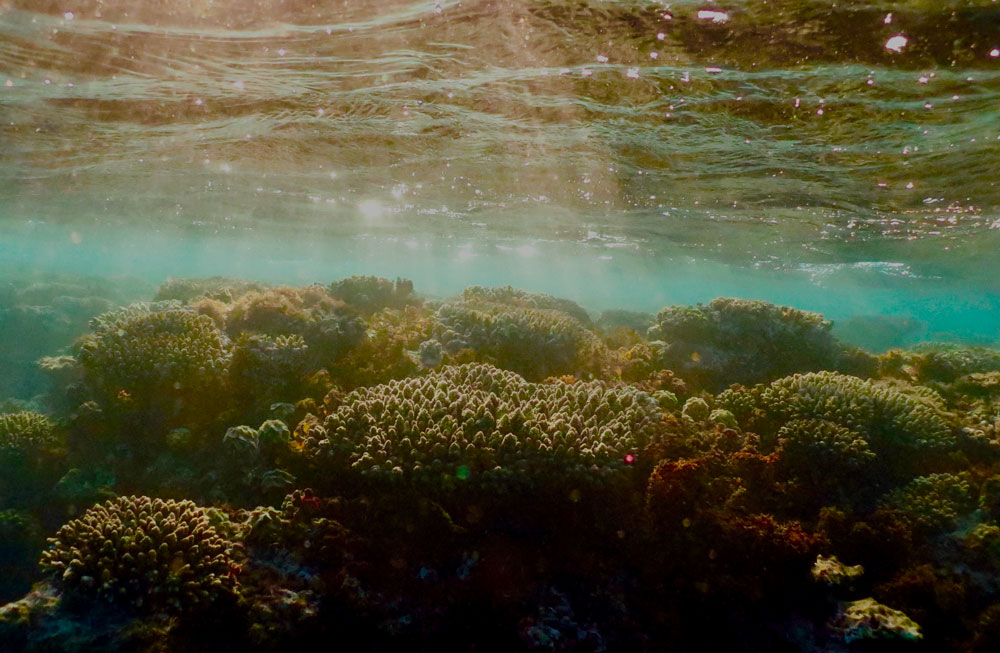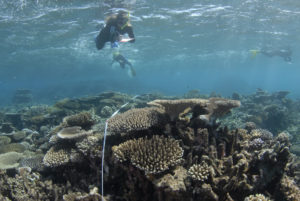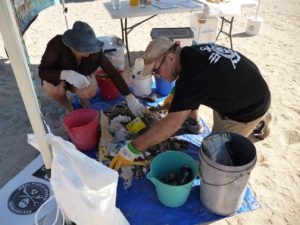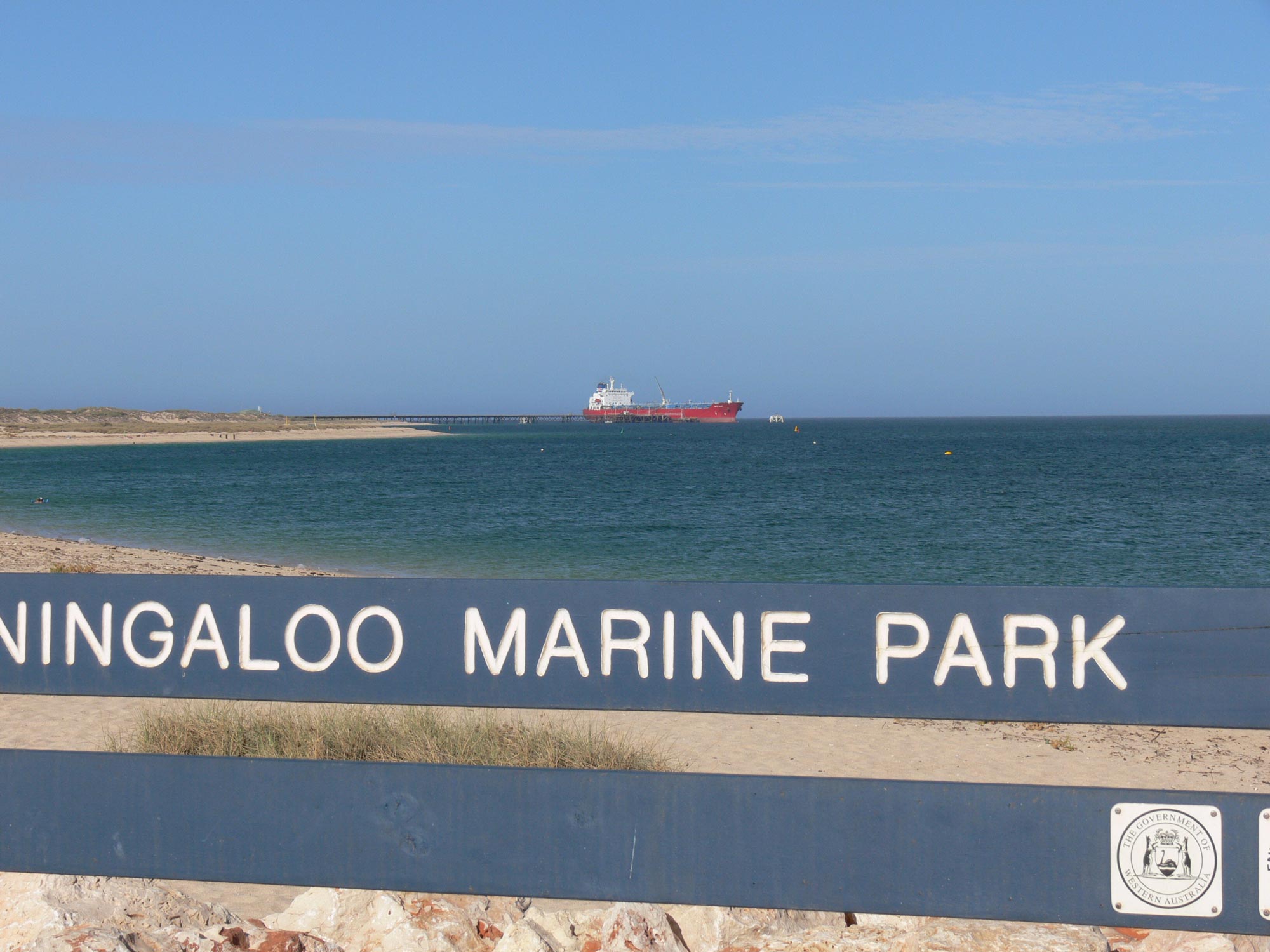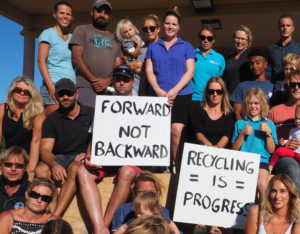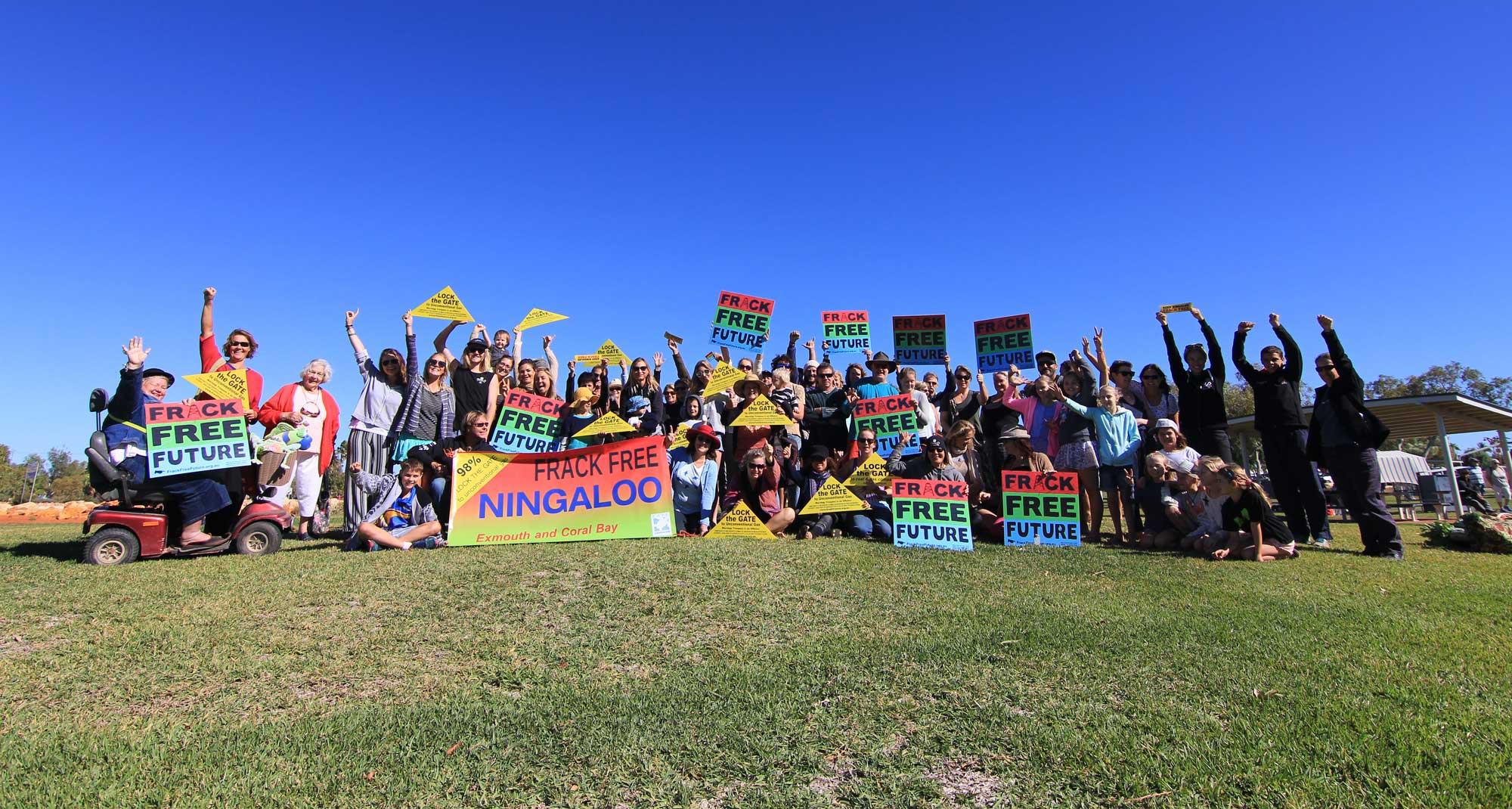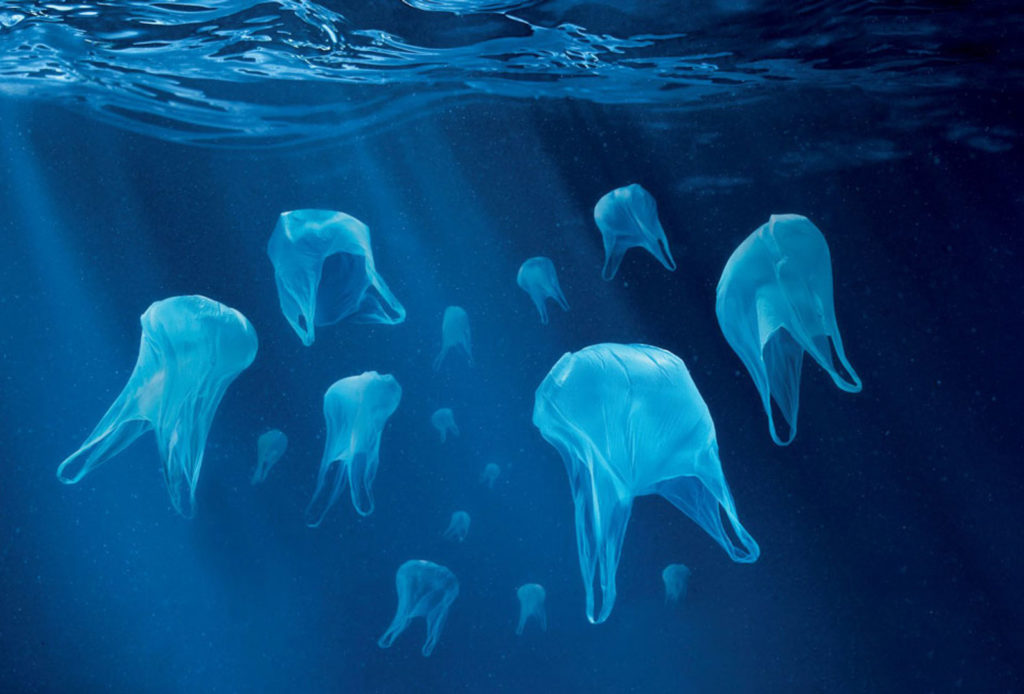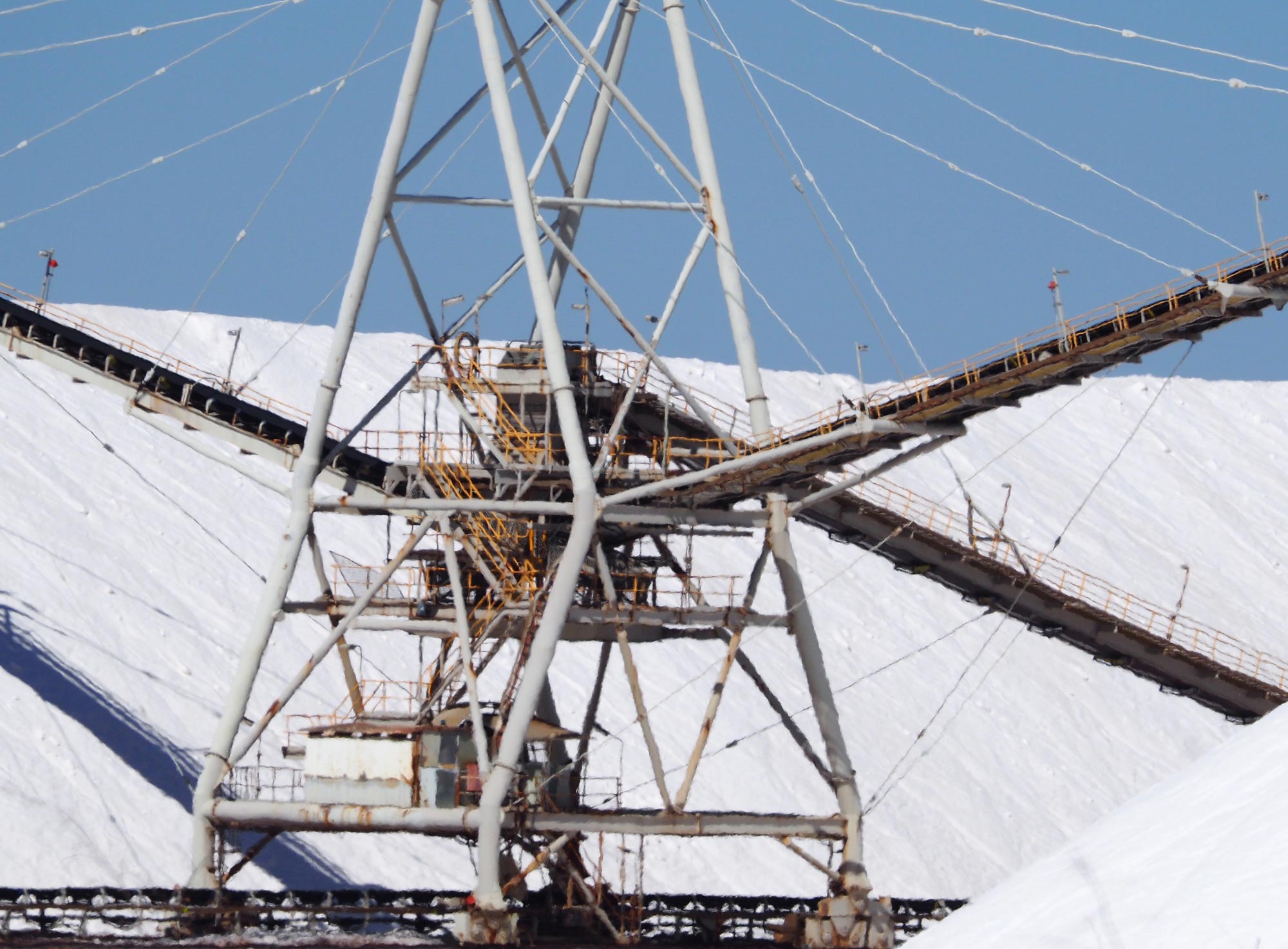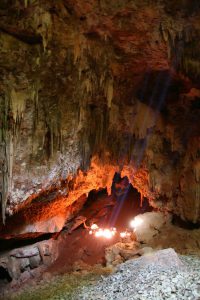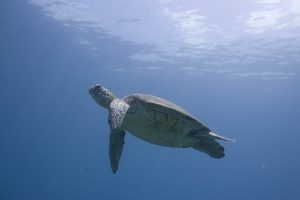
Protecting and preserving the North West Cape for now and future generations.
Our Projects
Cape Conservation Group is engaged in a range of different long-term projects that include grass-roots conservation work as well as environmental advocacy.
Click on a Project from the list below to learn more
CURRENT PROJECTS
- PROTECT NINGALOO – Save Exmouth Gulf
- Recycling in Exmouth
- Developments on North West Cape
- Ningaloo Resilient Reefs
- Beach Cleanups
CITIZEN SCIENCE
PAST PROJECTS
- Community Bat Surveys
- Frack Free Ningaloo
- Halt The Salt
- No Plastic, Fantastic!
- Reef Check
- World & National Heritage
- Feral Animal Project
PROTECT NINGALOO –
Save Exmouth Gulf
DEEP WATER PORT PROPOSAL FOR EXMOUTH GULF
Exmouth Gulf is one of the last intact arid-zone estuaries of its size left in the world. It’s a globally important ecosystem with high levels of biodiversity and it’s important to the health of nearby Ningaloo Reef. The IUCN says that it has World Heritage values, and many conservationists and scientists want it included in the Ningaloo World Heritage Area, but for the moment it remains almost completely unprotected. That’s why it’s under threat from industrialisation.
In October, 2017, Subsea 7 announced plans to build an oil and gas pipeline fabrication and launching facility at Heron Point, in the south western corner of Exmouth Gulf. It was to be in an area close to important mangroves and an ecologically important marine system, near the Bay of Rest, Wapet Creek, and islands at the bottom of the Gulf. CCG alerted the public to this threat and led the resistance to the proposal from day one. We were instrumental in bringing together the Protect Ningaloo campaign in 2018. Protect Ningaloo is an alliance between CCG, the Australian Marine Conservation Society and the Conservation Council of WA. It’s a national campaign to save Exmouth Gulf from industrialisation and to ensure it’s finally given the conservation status and protection it deserves.
The campaign to stop Subsea 7 took 3 years and garnered enormous public support. Over 50,000 people made submissions against it, and on 7 December, 2020, the corporation withdrew its proposal before the EPA completed its assessment.
But Exmouth Gulf is not safe yet – not by a long way.
Gascoyne Gateway Ltd has announced it wants to build an industrial port near Qualing Pool, on the northern stretch of Pebble Beach. The project would involve the construction of a 900-metre wharf and the dredging of over a million cubic metres of the Gulf’s seabed. This facility will be built to attract more, and much larger, ships to Exmouth Gulf. Vessels of up to 300 metres – oil tankers, break-bulk cargo carriers, cruise ships and oil and gas support vessels are being targeted.
GGL’s port will intensify industrial pressures on Australia’s most significant humpback whale nursery. It will destroy feeding habitat that Ningaloo’s dugongs, turtles and dolphins rely on. The more we learn about this proposal, the more concerned we are about it.
Ningaloo and Exmouth Gulf are interconnected ecosystems. The Gulf’s sheltered waters and mangrove forests are a vital nursery and refuge for many important species, including birds, fish, crabs, prawns, rays, sea-snakes, and cetaceans.
The Gulf supports recreational and commercial fishing, but it also underpins Ningaloo’s world-famous eco-tourism industry. Many of the iconic creatures, like manta rays, whales, dolphins and turtles that tourists love to see depend upon Exmouth Gulf. In many senses, the Gulf is essential for the maintenance of the Ningaloo/Cape Range World Heritage Area.
So, once again, lovers of Ningaloo banding together to save Ningaloo’s Nursery from industrialisation.
Ningaloo Reef’s nursery is under threat – Help us defend it!
Our oceans are fragile and there are increasingly more threats to the health of this environment – climate change, plastic pollution, industrialisation. We’re passionate about protecting the North West Cape. It’s a beautiful place so please help us continue our work by making a donation. Together we can make a difference and create a better future.
Feral Animal Program (DBCA)
Cape Conservation Group worked with Parks and Wildlife Services for the past few years on reducing the impact of feral animals on the North West Cape.
2016-17
Our “Feeling Feral” project introduced education and awareness of the feral animal problems on the North West Cape. This included rabbits, foxes, goats and cats. This project was very successful.
2018
We are continuing to work with the Department of Biodiversity, Conservation & Attractions (DBCA) to reduce the impact of feral cats, in particular, on threatened fauna. The project will assist in the collection of improved data project will assist in the collection of improved data about the impact of feral cats about the impact of feral cats on the Ningaloo and Exmouth Gulf coasts. The data will increase current understanding of species distribution, critical habitat and identification of threats to native animals.
The project involved:
- the direct removal of cats through trapping and baiting
- educating the community about the impact of feral cats and threatened species recovery
- encouraging responsible domestic cat ownership
- public presentations on the issue
Opportunities for involvement for CCG members included:
- Shorebird surveying workshops and field work
- Black-flanked Rock Wallaby surveying workshops and field work
- Feral animal control education and field work with Parks and Wildlife Services
Ningaloo Resilient Reefs Initiative (DBCA)
In 2018, Ningaloo was chosen as one of only five World Heritage-listed reefs around the world to receive funding and support from international resilience experts under the ‘Resilient Reefs’ initiative. The Ningaloo Resilient Reef Initiative (NRRI) is led by the Great Barrier Reef Foundation and funded by the BHP Foundation. It is an ambitious plan to develop a new and innovative model for managing some of the most vulnerable and important ecosystems on the planet – coral reefs. It aims to engage communities, businesses and local governance institutions to develop a strategy and actions which strengthen the capacity of reefs, and the communities that depend upon them, to survive, adapt and recover from the threats that they face, both now and in the future.
In 2020 the Exmouth DBCA has embarked upon a 2-year program to develop a Resilience Strategy for Ningaloo Reef and the communities that rely upon it, and aims to address the challenges presented by climate change. We are pleased and grateful to have our member, Julie Waller, representing CCG in the NRRI working group. She will attend monthly meetings to be involved in helping develop the Resilience Strategy. However, there will also be community meetings and updates about the NRRI.
Reef Check Ningaloo
CCG surveyed Oyster Stacks, a popular snorkelling destination on the western side of the North West Cape within Cape Range National Park. The program looked to do sampling at regular periods throughout the year, including pre- and post- holiday periods, enabled the assessment of any variation in health that might be attributed to natural or human uses. The longterm data would also be valuable for the assessment of any changes that might occur due to seasonality. This information is also an important gauge for Ningaloo, particularly as the health of the world’s reef systems are effected by climate change.
Due to the limited resources of our volunteer group, Reef Check Ningaloo was unable to continue survey work. Our goal to engage a local Co-ordinator and trainer so that the number of surveyors increased, along with an expansion of our survey sites, hasn’t been possible. However, we are currently investigating other ways that this program might operate.
For further information please contact us info@ccg.org.au.
Beach Cleanups
CCG members help to co-ordinate beach cleanups with the community of Exmouth.
In September 2019 our group joined in the Great Northern Cleanup. Exmouth’s community groups participated in this event, including the Cape Boardriders, Wobiri Wahinis, Sea Shepherd and whale shark crew.
Our members also work with the Sea Shepherd Australia Marine Debris Campaign team in their monthly beach cleans between March and October. The sites chosen are based on footfall and reports from the public about where debris has been observed. Some of the sites that have been cleaned up include Turquoise Bay, Oyster Stacks, Wobiri, Jurabi Turtle Information Centre, Town Beach and the Marina.
Any member of the public can join in the clean ups. The collection of debris usually takes place for 60-90 minutes. The debris is then weighed and sorted into what material it is made of and then recorded using Tangaroa Blue’s criteria and data entered into the Australian Marine Debris Initiative database.
Data collection and recording is crucial as this enables statistics to be presented to industry and others to try to change products or affect behavioural changes. With data contributions from the whole of Australia patterns can be identified.
Keep an eye on the Cape Conservation Group Facebook events so that you can join us on the next one!
Ningaloo Turtle Program (DBCA)
The Ningaloo Turtle Program (NTP) is a community-based citizen science marine turtle monitoring program that was established in 2002, with the primary aim of marine turtle conservation and to promote the long-term survival of turtle populations. It was initially a partnership between the Cape Conservation Group (CCG), the Department of Environment and Conservation (DEC), Worldwide Wildlife Fund (WWF) and Murdoch University. The initial funding for this project came from a Threatened Species Network Grant through the WWF, and was the first marine-based project to be awarded the grant in WA. The NTP continues to be run through DBCA, and CCG supports the program by encouraging and recruiting volunteers to the program.
During the turtle nesting season, from November through to the end of March, local volunteers monitor 12 nesting beaches every second weekend along the Ningaloo Coast Jurabi Coastal Park. The data collected includes the number of successful nests and number of false crawls (unsuccessful nesting) of Green, Hawksbill and Loggerhead turtles. The monitoring also records feral animal tracks, and this data is used by Parks and Wildlife to assist with the control of foxes and feral cats along the turtle nesting beaches. During the peak nesting time, monitoring occurs daily from mid December to mid January and is carried out by volunteers who come to Exmouth for 5 weeks. Each year new volunteers are trained to survey for the Ningaloo Turtle Program.
Find out more about this initiative and stay informed by visiting the Ningaloo Turtle Program website. You can also find out more on Facebook
Developments
on the North West Cape
The Exmouth sub-basin is one of the highest producing oil regions in Australia, at times producing more oil and any other area in the country. The oil is predominately produced in the waters off the northern end of Ningaloo Reef and there are a number of fields run by various petroleum companies.
When the Ningaloo Coast was listed as a World Heritage site, the IUCN identified oil spill as one of the greatest threats to it. For this reason CCG has been a longterm advocate for best practice in industry in the hope of reducing this risk. Since the Gulf of Mexico spill and our own massive, local Kimberley oil spills, industry standards have been scrutinised by government. But there is no room for complacency when the consequences could be so catastrophic. Potential sources for an oil spill include the underground wells, the below surface pipes, from the FPSO when transferring oil to an oil tanker or even a ship collision.
The petroleum industry inherently has a number of other environmental consequences and CCG will continue to advocate for protection of the environment from the resource sector.
The North West Cape is a contested area for heavy industrial development and the current threats include:
- Gascoyne Gateway Ltd Deep-water Port Proposal for Exmouth Gulf
- K Plus S Salt Australia’s Ashburton Salt Project Proposal for a 3.5 million tonnes per annum (Mtpa) Solar Salt Project for the eastern side of Exmouth Gulf
- Wyloo Metals Whalebone Project targeting sulphate of potash in the supra tidal flats located on the eastern margin of Exmouth Gulf
- Increased limestone mining in across subterranean waterways and in very close proximity to the Cape Range National Park
What are we doing?
CCG continues to advocate for the environments of the North West Cape including Ningaloo and Exmouth Gulf; speaking out about inappropriate and incompatible developments adjacent to the World Heritage Area. Our concerns are presented to various levels of government and addressed in submissions to the Environmental Protection Authority.
However, because Exmouth Gulf is outside of the World Heritage area it has less protection and we need to be constantly on our guard to protect it. The Gulf is a rare, inverse arid-zone estuary that supports an intact mangrove forest system. Mangrove systems are seriously vulnerable to the impacts from an oil spill and increased industrial developments. Exmouth Gulf also contains the southern hemisphere’s greatest concentration of resting Humpback Whales, sensitive to shipping and noise. Constant vigilance about the developments on the North West Cape is essential.
With the advent of Subsea 7’s Pipeline Fabrication Facility proposal in 2017, CCG formed an alliance with the Australian Marine Conservation Society (AMCS) which is Australia’s peak marine conservation body, and with the Conservation Council of WA, the State’s peak conservation group, to form Protect Ningaloo. The defeat of the Subsea 7 proposal in 2020 was greeted with the proposal by Gascoyne Gateway for a deepwater port, highlighting the vulnerability of this precious waterway. Having this important conservation alliance enables us all to be stronger advocates for this important environment and brings thousands of Australians together on these important issues.
What can you do?
Write to info@ccg.org.au and let us know about anything of concern that you see in the area. Join CCG and Protect Ningaloo and help us defend this national treasure.
Community Monitoring
of Black-flanked Rock Wallabies (DBCA)
CCG are pleased to support the work of the Department of Biodiversity, Conservation and Attractions (DBCA) monitoring the Black-flanked Rock Wallaby (Petrogale lateralis lateralis). It is an elusive and agile marsupial that is threatened with extinction and the gorges and rock-shelters of the Cape Range are one of six remaining locations in Western Australia where the Black-flanked Rock Wallaby finds refuge. Since 2005, CCG members have been helping to record the historical and current distribution and abundance of rock wallabies, the threats that they face and the impact of conservation strategies by undertaking regular monitoring and surveys. This involves exploring the gorges, rocky outcrops and gullies of the Cape Range, looking for signs of rock-wallaby scats (fresh and old faeces) and the animals themselves. Once rock wallabies are located, monitoring of numbers and behaviour continue across subsequent years.
So far, approximately 12 groups of rock wallabies have been located in the Cape Range. The major threats faced by Cape Range rock wallabies appear to be predation by foxes and displacement by feral goats, which compete with rock-wallabies for food and habitat. Survey work and the ongoing monitoring of known groups assists with the conservation and management of this threatened species.
Recycling in Exmouth
REDUCE
CCG has been involved in managing waste over a number of years, running local rubbish cleanups, educating people about refusing to use plastic, reducing, reusing and recycling waste.
Our group sell products that assist locals and visitors to actively participate in reducing what goes to landfill. Calico shopping bags are also distributed to the community on numerous occasions. CCG also donate and participate in the production of reusable school book bags at the beginning of each year.
Increasing education about the impacts of plastics and other waste is important, and to do this CCG joined the Plastic Free July event in 2017. Together with discussions and education through our market stalls, films and guest presenters speaking about the impact of plastic pollution on the marine environment, it was encouraging to see and hear the community’s positive response to these initiatives.
REUSE
Education about the impacts of plastics and other waste is important. To assist with education on reusing items CCG participates in Plastic Free July each year, promoting discussions and sharing ideas. We also have market stalls, films and guest presenters speaking about the impact of plastic pollution on the marine environment. It has been encouraging to see and hear the community’s positive response to these initiatives. The local community Facebook pages also deserve recognition for their role in promoting reuse of home goods – making someone’s trash, someone else’s treasure!
RECYCLE
In 2020, CCG have members involved in the Community Waste Working Group (CWWG). Several areas have been identified as focal points for the CWWG including: recycling of soft plastic, hard plastic, glass, a tip shop and raising awareness about recycling. CCG has a particular interest in recycling of soft plastic to reduce what goes to landfill and also as a means of education. CCG has also produced a community brochure that makes recycling easier for everyone in Exmouth by highlighting where and what you can recycle in our town.
What can you do?
If you’d like to be involved in this initiative please contact us info@ccg.org.au
Frack Free Ningaloo
We live in one of the most precious places in the world. Ningaloo and the Cape Range – in fact the whole North West Cape is a national treasure. More than that, it’s a global treasure, which is why our home is on the World Heritage List.
This is why we’ve made it clear what we think about fracking (or unconventional onshore gas mining). It has a sorry record in Australia and a worse record overseas. It’s shown that it takes much more than it contributes. It wastes precious water and it pollutes drinking water. It doesn’t build communities, it ruins them. And as we’ve seen from experiences in Queensland and NSW, and many, many experiences in the US, it decimates and industrializes landscapes.
This is why Exmouth has said no. This is why we’ve joined hundreds of other Australian towns and shires in locking the gate against fracking.
A few of us spent 12 months going door-to-door, meeting every resident and ratepayer we could. So locals could have their say. In that time we surveyed over 1000 residents, which is most of the adult population of Exmouth. Of those surveyed, 98.3% said they didn’t want fracking activity in this area. There couldn’t be a clearer indication of how the community feels about this. A process like this is hundreds of times more reliable than a phone poll that merely takes a small sample. This survey gives an ironclad view of where we stand as a community. And we’re thrilled to announce it. Late in 2017, Coral Bay Conservation Group completed surveying Coral Bay, and more than 99% of its residents have said no to fracking.
The North West Cape was declared a frack free zone in 2017. The declaration has no power under the law, but what it does, for local government, for the state and federal governments, and above all to the unconventional gas miners looking to drill here, is to make it very plain that the fracking industry has no social licence here, it’s not welcome.
This is part of the speech given by CCG President, Denise Fitch, at Federation Park, Exmouth, 2017.
No Plastic, Fantastic!
Plastic bag litter is unsightly and threatens wildlife, notably marine turtles, which can mistake plastic bags for jellyfish.
The No Plastic Fantastic campaign was initiated in 2003 to remove plastic bags from our shops and in turn reduce the use of plastic bags around the North West Cape. Through working with Exmouth and Coral Bay retailers, local government and the general public we were able to make this a reality. Exmouth’s stores removed plastic bags from use at the checkout in 2008, and the town became the second in WA to do this. And that was a decade before it became State policy!
Since then hundreds of Exmouth locals and visitors have been surveyed and informed about the project. The majority agree that we should get rid of plastic altogether.
Over the years, the project has included public education, news articles, posters and the production of calico bags, designed by CCG with financial assistance from the Gascoyne Development Commission.
Halt The Salt Campaign
Straits Resources Ltd had proposed to develop Western Australia’s largest salt mine on the eastern fringe of Exmouth Gulf – a region repeatedly recognised for its environmental values and recommended for protection by both state and federal planning and conservation policy frameworks.
The Yannarie Solar Salt Project would involve the construction of 17,000 hectares of infrastructure in a wetland of national significance (Directory of Important Wetlands in Australia, ANCA, 1993), immediately adjacent to sensitive arid zone mangroves (Guidance Statement for the Protection of Tropical Arid Zone mangroves along the Pilbara Coastline, EPA, 2001) and pristine waters (Pilbara Coastal Water Quality Consultation Outcomes, DoE, 2006), which provide a valuable nursery area for marine fish and invertebrates. The project includes 8,000 hectares of storage of a toxic byproduct called “bitterns”. The salt mine was likely to be irreversible damage the habitat of threatened species, including dugong, marine turtles and humpback whales.
From 2005, CCG worked in alliance with a suite of organisations from conservation and recreational and commercial fishing sectors to lobby for the protection of environmental and biodiversity in Exmouth Gulf and its ecosystems. Straits Resources continued to pursue implementation of the project. However, after a long battle, the EPA concluded the proposed solar salt farm was in an area that presented unacceptably high risks of environmental harm to wetland values and unacceptable levels of uncertainty in relation to long term management of bitterns.
Some of the many project supporters included the Conservation Council of WA, Recfish Australia, Recfishwest, WA Fishing Industry Council, Pearl Producers Association, North West Research Association, Australian Conservation Foundation and the Wilderness Society.
World & National Heritage
The WA State Government and the Federal Government prepared a nomination in which parts of the North West Cape would be listed on the World Heritage List. Such changes would maximise protection protection of the region’s unique natural environment and contribute to ensuring that the outstanding universal values of the North West Cape area are preserved in perpetuity. The expectation was that the region would benefit economically from such listing and from the additional resources and tourism it would attract.
In 2005 The World Heritage Consultative Committee (WHCC) presented a report that recommended a Ningaloo-North West Cape boundary that identified World Heritage values while minimising conflict with stakeholders.
However, the boundary that was proposed by the State Government was inconsistent with the WHCC’s recommendations and excluded areas that had been identified as containing significant values, such as the northern end of Ningaloo Reef at the Muiron Islands, parts of the Cape Range karst system, and Exmouth Gulf. The recommendations also did not provide adequate protection for the region’s environmental values and related ecosystems, and were also likely to compromise the integrity of the nomination. There was also a possibility that the World Heritage Committee might not accept the recommendation.
At that time, CCG engaged with politicians, State and Federal Governments and the general public to raise awareness of the natural values of the area and encourage support for a nomination that would incorporate the WHCC’s optimal boundary. In 2011, Ningaloo was listed as a World Heritage Area, but Exmouth Gulf was excluded from this protection. The exclusion of Exmouth Gulf from this listing was not a decision based on scientific evidence, but a political decision, and the Gulf remains unprotected and vulnerable.
Our oceans are fragile and there are increasingly more threats to the health of this environment – climate change, plastic pollution, industrialisation. We’re passionate about protecting the North West Cape. It’s a beautiful place so please help us continue our work by making a donation. Together we can make a difference and create a better future.
Community Bat Surveys
Bat surveys were conducted by volunteers in 2005, 2008 and 2010.
Mist nets and acoustic recordings were used to collect data on the diversity and ecology of bats in the Cape Range. Three species were found to be reproducing in the area: the Inland Cave Bat, the Common Sheath-tailed Bat, and the Black Flying-fox. Ecolocation calls of Gould’s Wattled Bat and Little Broad-nosed Bat were recorded with a high level of identification confidence. During the surveys there were several encounters with large bats suspected to be Ghost Bats, and there were echolocation calls that also suggested the presence of this species. The Pilbara Leaf-nosed Bat was also observed during the study, and acoustic detections supported this. It is endemic to Australia and only inhabits the Pilbara region. It is considered Rare or likely to become extinct by the WA Wildlife Conservation Act 1950, and is listed as Vulnerable under the EPBC Act (1999).
Sarell, M. and J. Burgar (2011). Summer Bat Surveys at Cape Range, Western Australia. Prepared by Ophiuchus Consulting in co-operation with the Cape Conservation Group and the Department of Environment and Conservation, Exmouth, Western Australia.




